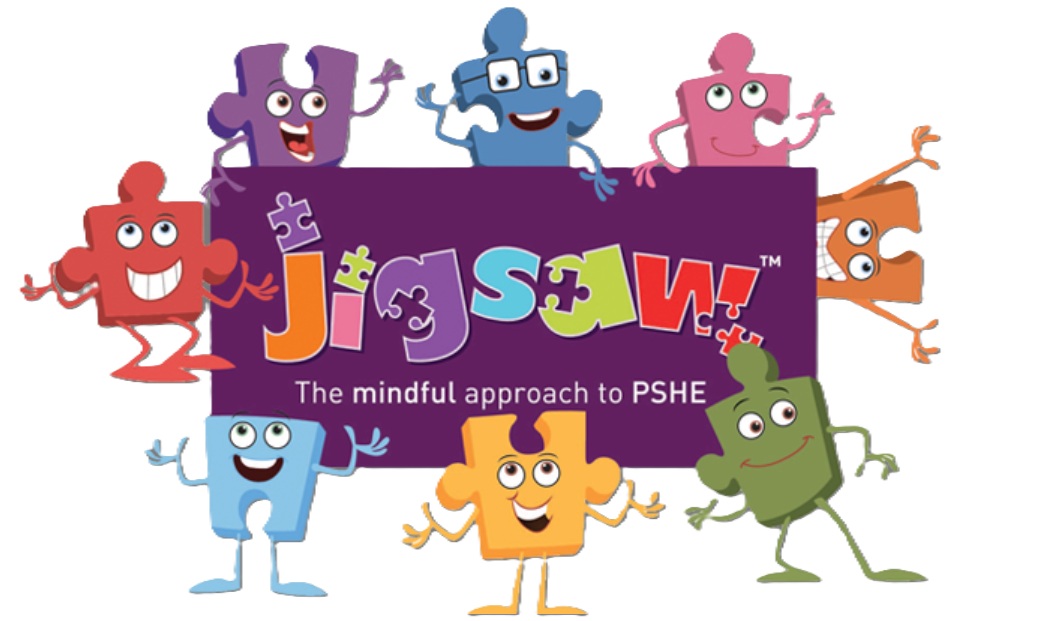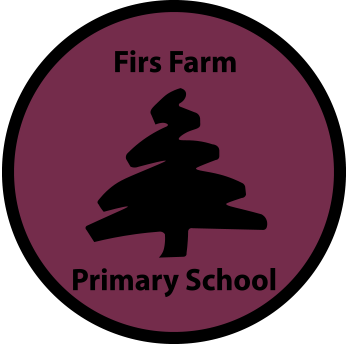Personal Social & Health Education (PSHE) incorporating Relationship & Sex Education (RSE)

Firs Farm Primary School promotes the Spiritual, Moral, Cultural, Mental and Physical Development (SMSC) of its pupils through Personal, Social, Health and Economic (PSHE) Education.
Details on the Relationship Sex Education presentation and overview can be found at the bottom of the page.
At Firs Farm Primary School, we follow the National Curriculum using guidance from the Department of Education using the Jigsaw Curriculum.
Jigsaw PSHE is a comprehensive, mindful, and child-centered approach to Personal, Social, Health and Economic (PSHE) education for primary school children. It integrates emotional literacy, social skills, and spiritual development alongside PSHE content, aiming to nurture the whole child. The program uses a whole-school approach, with all year groups working on the same theme (Puzzle) at the same time, but at their own age-appropriate level.
Here's a more detailed overview:
Key Features:
-
Mindfulness at its core:
Jigsaw incorporates mindfulness practices throughout the curriculum to help children develop self-awareness, emotional regulation, and resilience.
-
Whole-school approach:
The entire school community focuses on the same theme each half term, fostering a shared learning experience and creating a cohesive school environment.
-
Age-appropriate learning:
Each year group progresses through the curriculum at their own pace, ensuring that the content is relevant and engaging for all ages.
-
Six Puzzles (Half-term units):
The curriculum is structured around six Puzzles: Being Me, Celebrating Differences, Dreams and Goals, Healthy Me, Relationships, and Changing Me.
-
Integration of SMSC:
Spiritual, Moral, Social, and Cultural (SMSC) development is woven throughout the curriculum, offering opportunities for children to explore their own values and beliefs and understand their place in the world.
-
Emphasis on social and emotional learning (SEL):
Jigsaw helps children develop essential life skills such as empathy, resilience, and conflict resolution.
-
Preparation for life:
The program aims to equip children with the knowledge, skills, and understanding they need to thrive in school and beyond.
-
Evidence-informed:
Jigsaw draws on psychological theory and mindfulness philosophy to support children's holistic development.
How it works:
-
Termly lessons
Each year group has approx 6 lessons per unit. This maybe taught weekly or over a few weeks. .
-
Introductory assemblies:
Each Puzzle begins with an assembly to introduce the theme to the whole school.
-
Weekly Celebrations:
Schools often celebrate the learning from the week's lessons, encouraging children to reflect the learning in their behaviour and attitudes.
-
End-of-Puzzle products:
KS1 and KS2 often display end-of-puzzle products in designated areas, showcasing the learning from each unit.
In addition to the core curriculum, Jigsaw also includes:
- Jigsaw Friends: Soft toy teaching aids.
- Jigsaw Chimes and Jerrie Cats: Used to help with mindfulness practices.
By integrating these elements, Jigsaw PSHE aims to create a supportive and inclusive environment where children can flourish both personally and academically.
A link to our full policy is below. If you would like a printed version of this please contact the school office.
Relationship Sex Education June 2025
Please see the PDF of our recent presentation for families on our Relationship Sex Education including details on the human reproduction.
